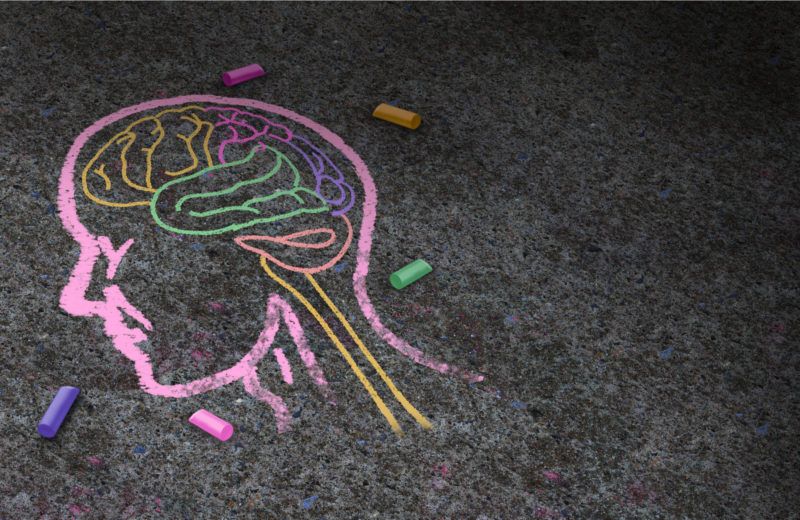The Urgent Need for Intellectual Change

There are intellectual and cultural issues underlying the bad policies being introduced by governments all around the world. Deeper issues must be addressed. The policies developed and chosen by these governments and accepted by the mass of voters are based upon other more fundamental matters which I think can be broken down into four groups.
1. The mathematics and statistics of risk
What Sept. 11 and the current coronavirus panic have in common is a misunderstanding of the basic mathematics of risk analysis. People in 2001 had no idea that the risk of dying from a terrorist attack was so minimal it was statistically insignificant (compared to dying in a car accident or falling off a ladder at home). Yet voters allowed a whole new massive government bureaucracy to be built (the TSA) at huge cost; the passage of the PATRIOT Act; the invasions of Afghanistan and Iraq; and all the other measures we have come to hate.
Similarly with the coronavirus panic. People have no appreciation of how many people die in a typical flu season (a bad one was 2017-18) and that the current epidemic needs to be judged in the light of these past flu events which our society has come to accept as normal and which does not require the complete lockdown of people and the trashing of large sectors of the economy.
2. A moral appreciation for the rights to life, liberty, and property, and the rejection of coercion
In a crisis people revert to their default moral position, which in the modern world is the cry for “the government to do something.” This, as libertarians know (and perhaps only libertarians know), is a call for the government to use its coercive powers to force people to do certain things (or not do certain things), to tax, to spend, to “stimulate” (distort) the economy, and so on. If people had a different default moral position – that the use of coercion is wrong, that individual rights to life, liberty, and property are “sacred” – then they would not tolerate the government violating these things.
3. The history of government behavior and the operation of markets
We can see with the explosion of interest in and support for “socialism” over the past few years, especially among young people, that the supporters of socialism have no idea about the horrendous loss of life and destruction of wealth caused by attempts throughout the 20th century to impose socialism / Marxism. Or the economic catastrophe which is central planning. People, as Hayek argued, learn most of their economics from the study of history, so their misunderstanding of the consequences of past government interventions in the economy, the cause of recessions/depressions, the failure of price controls (like rent control), leads to calls to “regulate” capitalism to stop its negative effects. There is a similar problem with the public’s lack of understanding of the history of how markets have caused the welfare of ordinary citizens to rise so dramatically over the past 200 years since the Great Enrichment began.
4. Basic concepts of economic theory
The events of 2008-9 and now (also I would add following Hurricane Katrina) show a similar gaping hole in the understanding of ordinary people about the basic concepts of economics. The calls to end “price gouging,” the ban on supermarkets raising their prices for things like toilet paper thus causing the emptying of shelves, the call for governments to take over the payment of wages for workers, the calls for the government to pay for child care for those laid off, the massive injections of new money into the economy to prop up failing businesses, etc.
Many people obviously still have no idea about tradeoffs, opportunity cost, the role of prices in transmitting information, the nature of money, just to list a few.
My conclusion is that the rebuilding of a free society after this chaos is over will require a great deal of work in the above four areas: mathematics, moral philosophy, history, and economics. In my darker moments I think that in fact we have gone back to ground zero in all these areas.











